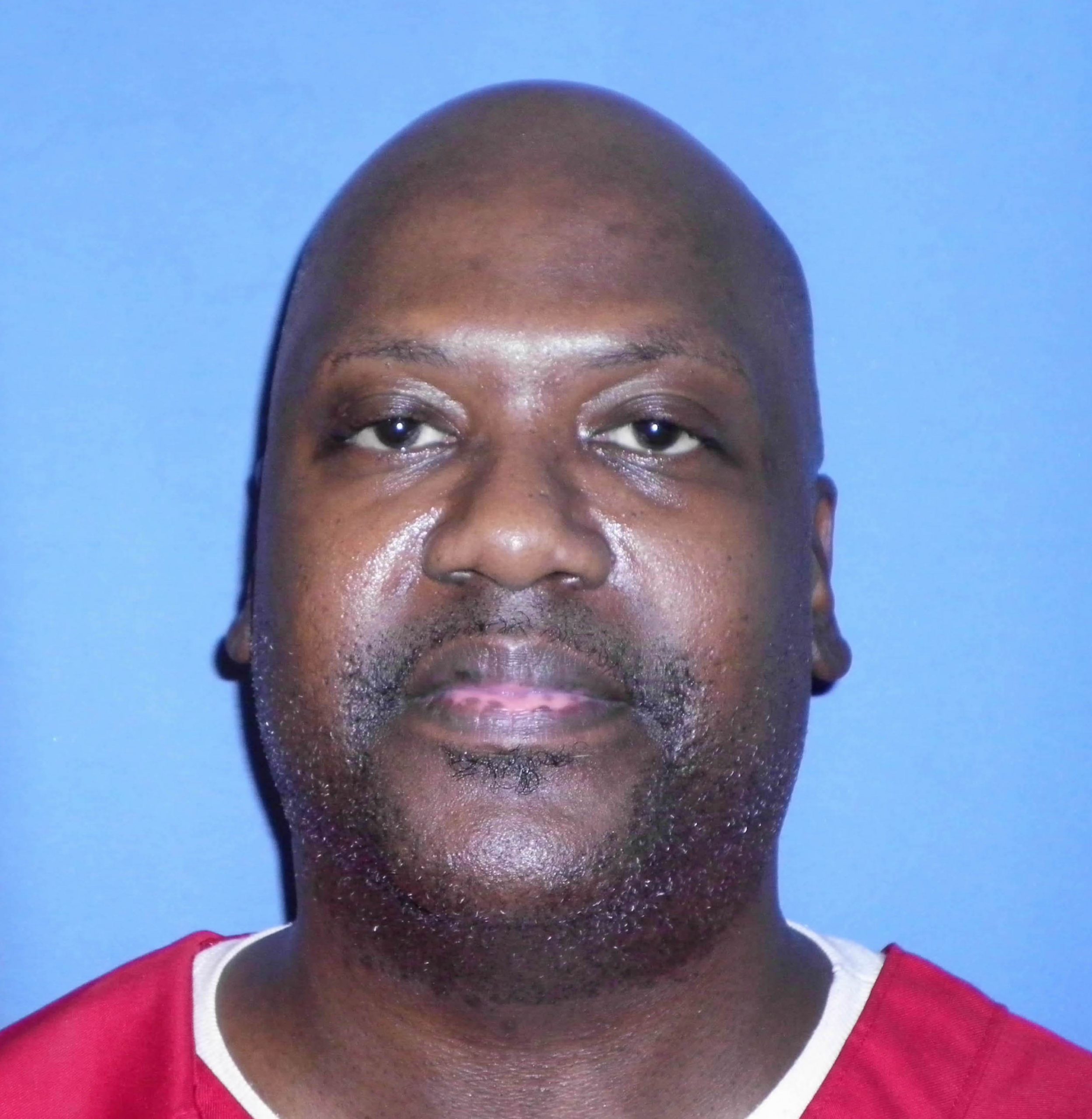The Supreme Court tossed out Friday the conviction of a Mississippi death row inmate who claimed a state prosecutor improperly removed black jurors from the last of his six trials in the killings of a group of furniture store workers.
The court ruled 7-2 in favor of the inmate, Curtis Flowers, and found that the state prosecutor’s actions violated the Constitution. Justice Brett Kavanaugh delivered the opinion for the court, and Justices Clarence Thomas and Neil Gorsuch dissented.
The key question in the case was whether the state prosecutor wrongfully excluded prospective black jurors in Flowers’ sixth trial. In 1986, the Supreme Court ruled in Batson v. Kentucky that the state cannot exercise peremptory challenges, used to remove possible jurors for any reason, to exclude prospective jurors because of their race.
Flowers was charged in 1997 with the murders of four people at the Tardy Furniture store in Winona. Over the course of half a dozen trials, the state prosecutor used its peremptory challenges to remove 41 of the 42 black prospective jurors. During the sixth trial alone, the state struck five of the six prospective black jurors.
“Here, our review of the history of the prosecutor’s peremptory strikes in Flowers’ first four trials strongly supports the conclusion that his use of peremptory strikes in Flowers’ sixth trial was motivated in substantial part by discriminatory intent,” Kavanaugh wrote.
The Supreme Court also said the state “engaged in dramatically disparate questioning of black and white prospective jurors.”
One of the black potential jurors who was struck by the state, Carolyn Wright, was “similarly situated” to possible jurors who were white and not challenged by the state.
“We cannot take that history out of the case,” Kavanaugh said.

The jury in the sixth trial sentenced Flowers to death, but he challenged the conviction with an argument that the state violated Batson with its peremptory strikes. The Mississippi Supreme Court rejected the claim, a decision that the U.S. Supreme Court reversed.
“All that we need to decide, and all that we do decide, is that all of the relevant facts and circumstances taken together establish that the state’s peremptory strike of black prospective juror Carolyn Wright was motivated in substantial part by discriminatory intent,” Kavanaugh wrote. “In reaching that conclusion, we break no new legal ground. We simply enforce and reinforce our decision in Batson by applying it to the extraordinary facts of this case.”
In his dissent, Thomas, joined by Gorsuch, called the majority’s opinion “manifestly incorrect” and said his colleagues ignored the state’s race-neutral reasons for striking four prospective black jurors.
“If this court’s opinion today has a redeeming quality, it is this: the state is perfectly free to convict Curtis Flowers again,” Thomas wrote. “Otherwise, the opinion distorts our legal standards, ignores the record, and reflects utter disrespect for the careful analysis of the Mississippi courts. Any competent prosecutor would have exercised the same strikes as the state did in this trial.”
While the majority’s opinion “might boost its self-esteem, it also needlessly prolongs the suffering of four victims’ families,” he added.

